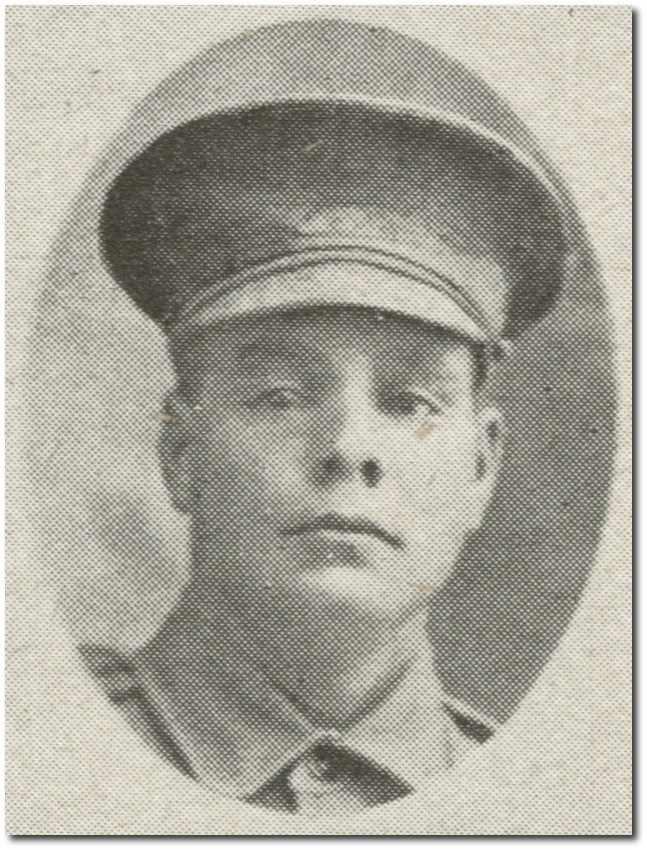
Portrait of Archie Lang, published in The Queenslander Pictorial, 15 September 1917
Indigenous Australian, Archie Lang, 4th Pioneer Battalion & 4th Machine Gun Battalion
Archie Lang was born at Augathella, Qld. in 1896 and was working as a stockman when he volunteered, age 21, to serve with the first AIF in July 1917. Archie's mother was one of the Bidjara people, he named his brother Willie Lang as his next of kin when he enlisted. Lang was initially allotted to the 11th Reinforcements for the 4th Pioneer Battalion and trained at Rifle Range Camp, Enoggera and departed Australian aboard 'HMAT Medic' and sailed via Halifax for England, arriving early October 1917.
Archie spent 5 months at Sutton Veny barracks training before being deployed to France in March 1918. In May he was transferred to the recently formed 4th Machine Gun Battalion, and when he joined them in the field they were involved in operations near Villers-Bretonneux.
The 4th MGB saw action during the last stages of the war, providing defensive fire in support of advancing infantry forces. Often working in exposed positions, they suffered heavy casualties. Lang came through his period of service, without any reported injuries, and was part of the large contingent of men that waited to be returned home to Australia at the end of the war.
The battalion was billeted in Anseremme, Belgium while it waited its turn. Here the villagers were naturally wary of the occupying foreign soldiers, the village and its inhabitants had been decimated in 1914 at the hands of German troops during the Battle of Dinant.
When they left three months later, they were farewelled with great ceremony by the grateful townspeople who lined the streets as they marched away.
Lang returned to Queensland in October 1919 and regained regular employment on the land, in 1943 he was working as a station hand on a property near Charleville.
Read more ...
- Service record: LANG, Archie
- Embarkation roll: 11th Reinf. 4th Pioneer Battalion
- Blog: Anzac's in Belgium
- One of the soldiers featured in SLQ’s HistoryPin Collection
Watch ...
- Queensland’s Indigenous Servicemen [digital story and oral history, 12 mins, MP4]
The information in this blog post has been researched by State Library staff and volunteers, it is based on available information at this time. If you have more information that you would like to share or further research uncovers new findings, this post will be updated.
Comments
Your email address will not be published.
We welcome relevant, respectful comments.